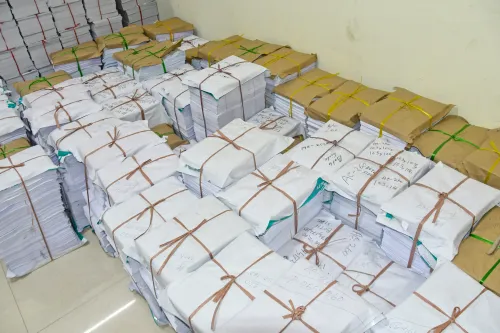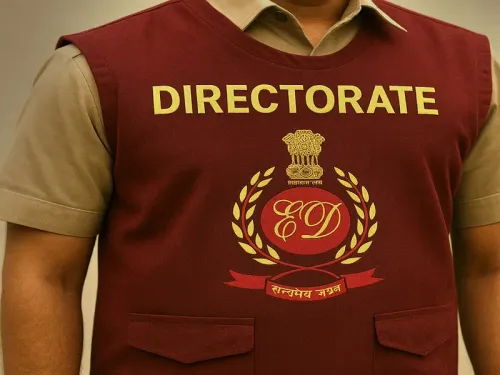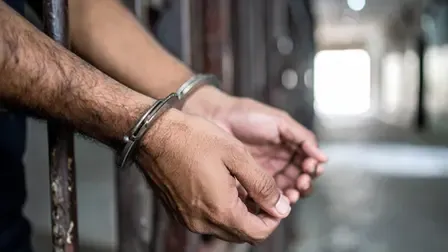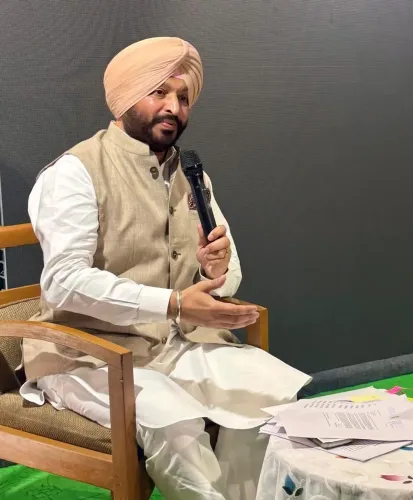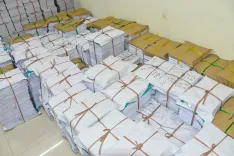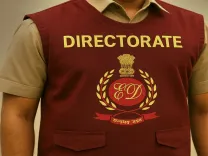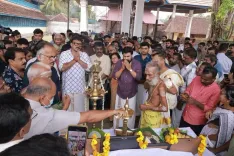Are Gramin Dak Sevaks the Foundation of Rural Outreach?
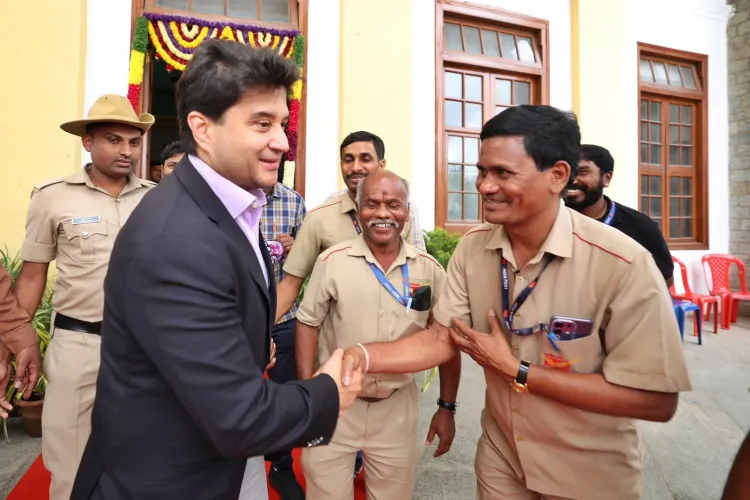
Synopsis
Key Takeaways
- Gramin Dak Sevaks are essential for rural outreach.
- The government is committed to modernizing India Post.
- Post offices will become accessible service hubs.
- A strong emotional connection exists between Gramin Dak Sevaks and the community.
- Transformation efforts focus on cost-efficiency and technology.
New Delhi, July 10 (NationPress) Highlighting the extraordinary reach of the postal network, Communications Minister Jyotiraditya Scindia stated on Thursday that no other distribution system globally is as extensive and intricately woven as India Post, with its remarkable 1.64 lakh touchpoints — spanning from Kashmir to Kanyakumari and Bharuch to Dharmanagar.
During the 'Gramin Dak Sevak Sammelan' in Bengaluru, the minister reignited an emotional bond with the ‘Dak Parivaar’ and laid out an ambitious vision for the future of India Post.
Scindia also reflected on the lasting relationship he shares with the Dak Parivaar, emphasizing that this is more than just a department; it is a family.
He stressed that genuine transformation occurs when each worker feels a personal commitment to the mission.
Addressing the Gramin Dak Sevaks, he noted how they serve as the pillars of trust in every village and maintain a profound emotional connection with every household in rural areas.
The minister further elaborated on Prime Minister Narendra Modi's vision to revamp post offices for a more citizen-centric experience and reaffirmed the commitment to make post offices the front door of governance in rural India — accessible, modern, and rich in services.
He passionately called upon every member of the postal family to act as an agent of transformation.
Scindia highlighted the crucial role of post offices in driving rural development, envisioning them as vital service hubs that cater to the daily needs of the common citizen.
Earlier this month, Scindia mentioned that the government is striving to evolve India Post into a logistics powerhouse by modernizing operations, optimizing costs, and enhancing its role in the rapidly changing e-commerce landscape.
In a discussion with IANS regarding the ongoing reforms within the Department of Posts (DoP), Scindia revealed that India Post has experienced significant business process reengineering over the last year.
“The department has been restructured into six verticals and four horizontals to prioritize profitability, cost efficiency, and technological advancements,” the minister noted.

